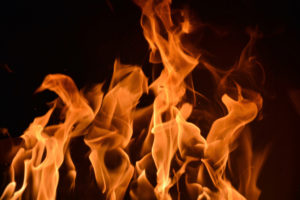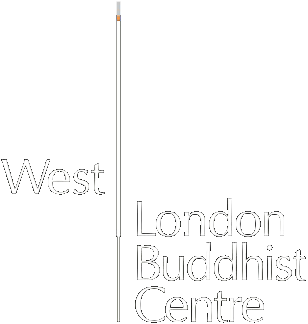The Heraclitean Fire
Due to furloughing, I’m having to write this blog nineteen days in advance of publication. If I trace back nineteen days I get to the start of lockdown in the UK. It’s a different world now compared to then. We’ve been getting used to the vista changing with every hour – a bit like the view from a train window. What hope have I of guessing the state of the world in nineteen days time?

There’s one thing for certain. Things will be changing. Things cannot but change. Heraclitus, the pre-Socratic Greek philosopher who was a contemporary of the Buddha, taught a doctrine of universal flux and concluded that fire is the basic material of the world. But blacksmiths work with fire. Philosophers work with concepts, ideas, abstractions. These are the only things that don’t change because they are not things, but mental constructs. The problem is that we think through the medium of concepts, ideas and abstractions. We are easily deluded into thinking that thinking is the way things are.
Descartes walks into a bar and sits down. The barman asks ‘Would you like a drink?’ Descartes looks the other way and answers ‘I think not’. Descartes immediately disappears into nothingness.
The fact that nothing is stable might be scary. There is nothing stable to cling to. We’re all drowning and there are no buoys in sight. Or it might be liberating. Whatever difficulty or pain I am experiencing, it will pass. It cannot but pass. Whatever unhelpful habits I have, can shift, the energy caught up in them can be redirected towards shaping the person I want to become. Heraclitus, like the Buddha, offers us hope, but maybe we’ve had enough fire for the moment.

